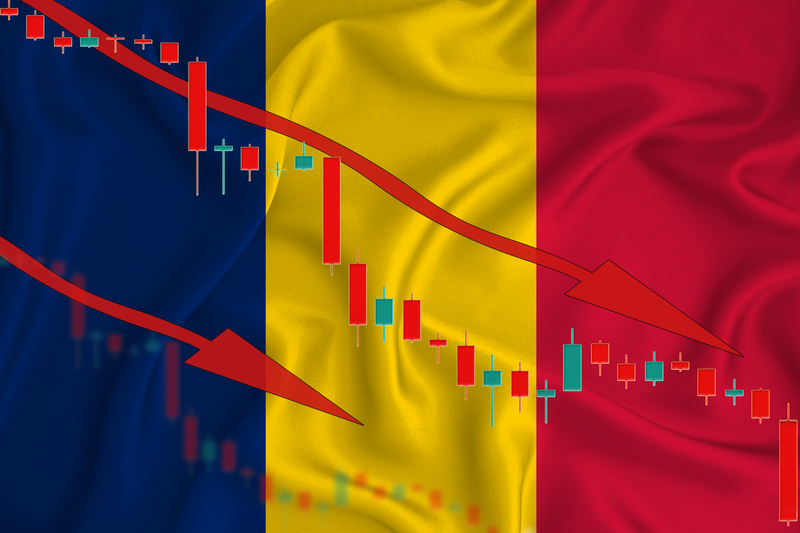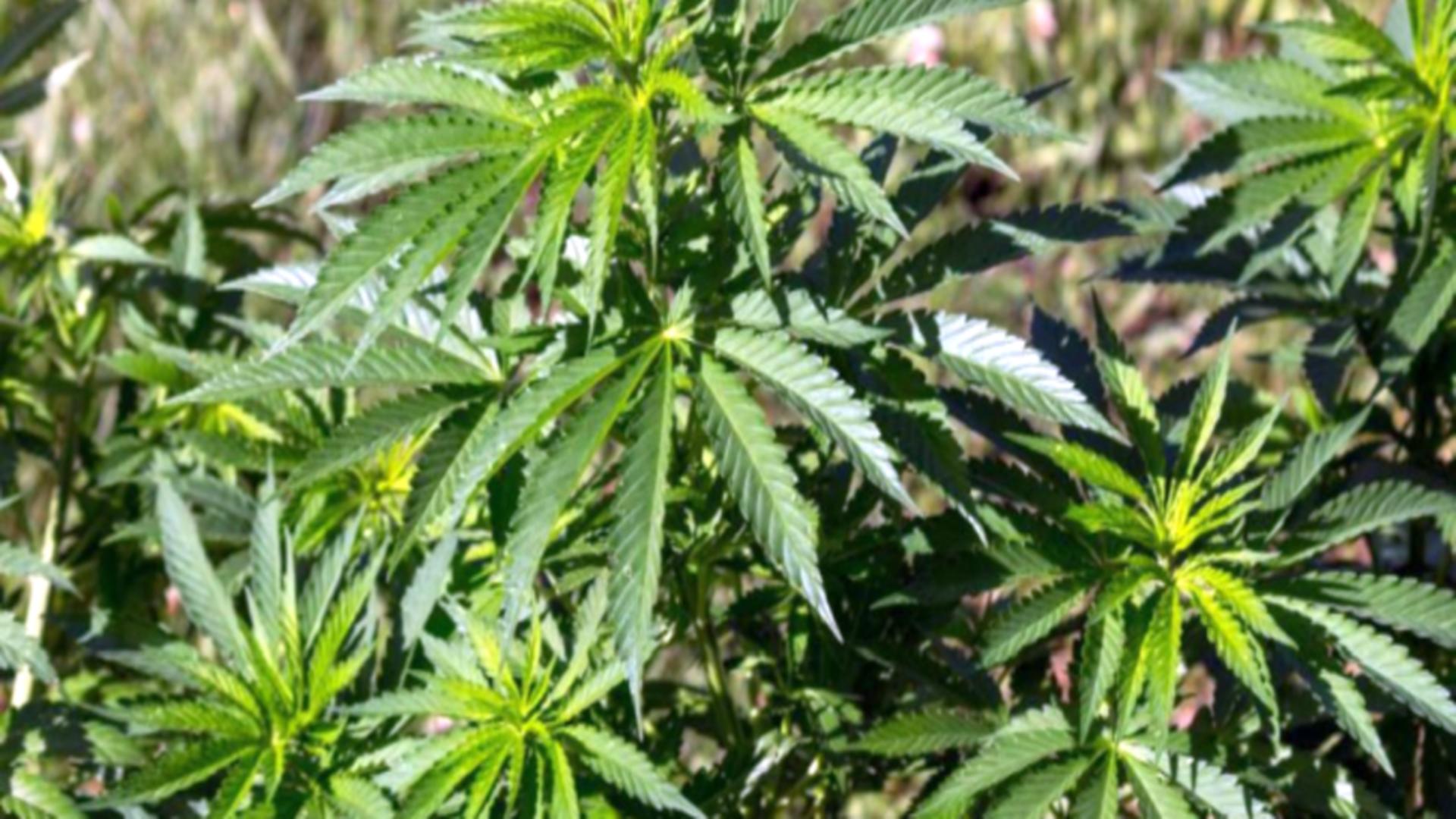Former nights host at the Hit network Abbie Chatfield has unloaded on her previous industry for what she sees as “a rating system that is a lie”.
The TV host, social media influencer and podcaster dropped a TikTok bomb yesterday calling out the radio industry for an accountability system that makes for “seriously inflated” numbers that helps the industry when “nobody fucking listens to radio”.
Chatfield’s hypothesis centres around the propensity for people to not want to send a radio survey diary back blank, regardless of whether they did or didn’t listen to the radio.
“There’s no way giving around random pamphlets to random people, most of which probably don’t even listen to fucking radio gives an accurate representation of who’s listening to what if anything and it’s wild that advertisers spend tens of millions of dollars on radio,” she said.
“It is literally like it is from 1910. It is fucking deplorable that people are on millions and millions and millions of dollars a year based off a rating system that is a lie.”
“I’m saying the rating system itself cannot be accurate… The way that radio has their rating system done is via a survey and the survey isn’t some sort of like overarching title of what happens in terms of actual downloads of the actual numbers of the actual streams or whatever.”
“It’s literally a survey. It’s a paper book. A paper book that comes around to random houses and one time I got the survey while I had my radio show and saw what you have to do.
“What they ask random people to do is fill out who you’re listening to and when and on what kind of device. Sort of be like at 6:15 to 6:30 I listened to Kyle and Jackie O then at 6:30 to 6:45 I listened to Fitzy and Wippa and it was on a radio and it was in my car tick tick tick right.”
“That is not accurate. Then that is built up, like ratioed out, and people say that they get millions and millions and millions and millions of people. If you are asking someone to fill out a rating sheet for radio and they never listen to radio they’re probably gonna feel too awkward to put it back with nothing in it. I would I be like ‘oh I better at least lie in some way’.
“So I think initially the actual market share of radio is completely inflated just in general of how many people actually listen to radio and I think this helps the radio a industry because I can pretend they have all these listeners when no one listens to fucking radio.”
Chatfield believes that the theory explains Kyle and Jackie O’s poor ratings showing in Melbourne while continuing to dominate Sydney.
“I believe that it’s because people recognise Kyle and Jackie O’s name in Sydney and they go yeah cool, I guess I’ll put Kyle and Jackie O, but now in Melbourne it’s a new market that don’t recognise their names as well or as much maybe they don’t like them as people as well and people are going ‘fuck you I won’t put you down for the ratings’.
“But I honestly think it’s people in their habits and they know that Fox FM has Fifi Fev and Nick. I’ve seen their posters around… tick. I think it all comes down to frequency of billboards. I think comes down to social media marketing. It comes down to publicity and headlines in that area.”
A spokesperson for Commercial Radio Australia who commission the GFK ratings addressed Chatfield’s claims, telling The Music:
“GfK has a rigorous ratings system in place which draws on data collected from 50,000 respondents annually across the five capital cities, and over 60,000 when including the Main Regional markets. New respondents are included in the surveys every week ensuring a constant refreshing of the data. The sample is also controlled both by region, age, and gender, ensuring it represents the population that it is reporting on.
“GfK Radio360 data is collected via multiple data sources, not solely a paper diary. In fact, 80 per cent of diaries are done online using eDiaries while 20 per cent from paper diaries. The new GfK Radio 360 ratings system, introduced in 2023, includes live radio streaming data collected directly from the radio stations and an established 2000 wearable meter panel with the GfK MediaWatch.”
Radio consultant and host of the Radio Game Changers podcast Craig Bruce, said that Chatfield had hit on some truths, but also some innaccuracies.
“She makes a few good points,” he said. “If you don’t listen to radio, you won’t fill in the survey, or you’re unlikely to take the survey. Particularly the case for people her age. ‘No one listens to radio’ is probably true for all of her friends and people she hangs out with I’m sure and there’s no question that radio is becoming a medium for older listeners. I have 4 daughters under 30 and they haven’t listened to radio for years.”
Bruce did however back up CRA’s explanation of the system, pointing to two particular issues, firstly that the diaries are handed out at “random”.
“Diaries are placed geographically in the same proportion of the ABS Population and based on ABS Statistical Areas,” he said. “So if 2% of the Melbourne population is in a certain SLA, 2% of the diaries will be placed there. If you are geographically accurate, you theoretically get a full coverage of all people by age and other dimensions. Age cells all need to represent the population percentage, so if they need, say, 50 diaries in a certain age cell the match the Population %, and we only get 45 diaries, then those diaries are mathematically weighted to exactly match the population distribution. This provides a “Random Representative Sample”.
While also agreeing that Chatfield’s representation of how many surveys were still being filled out by hand, Bruce agreed that station marketing was a factor in ratings results.
“Abbie is absolutely right that surveys are usually won by stations and shows that generate top of mind awareness. Many people will fill the survey in at the end of the week and they’ll record what they remember listening to, which might not always equate with what stations they engaged with.”
“She is also right that habit and inertia plays a key role – once you have found a show or station you like, you tend to stick with it.”
While measurement of terrestrial radio may have its challenges, Bruce also pointed out that metrics for podcasting, Chatfield’s current bread and butter, also have their own challenges.
“I’m a massive consumer and lover of podcasts, but to be clear a “download” can be registered after someone listens for just a couple of seconds to the file. Just because you’ve downloaded a podcast, doesn’t mean you’ve heard the show (or the ads that play on it). Clearly, digital listening is much easier and more accurate to track than broadcast, but it’s not perfect.”



















